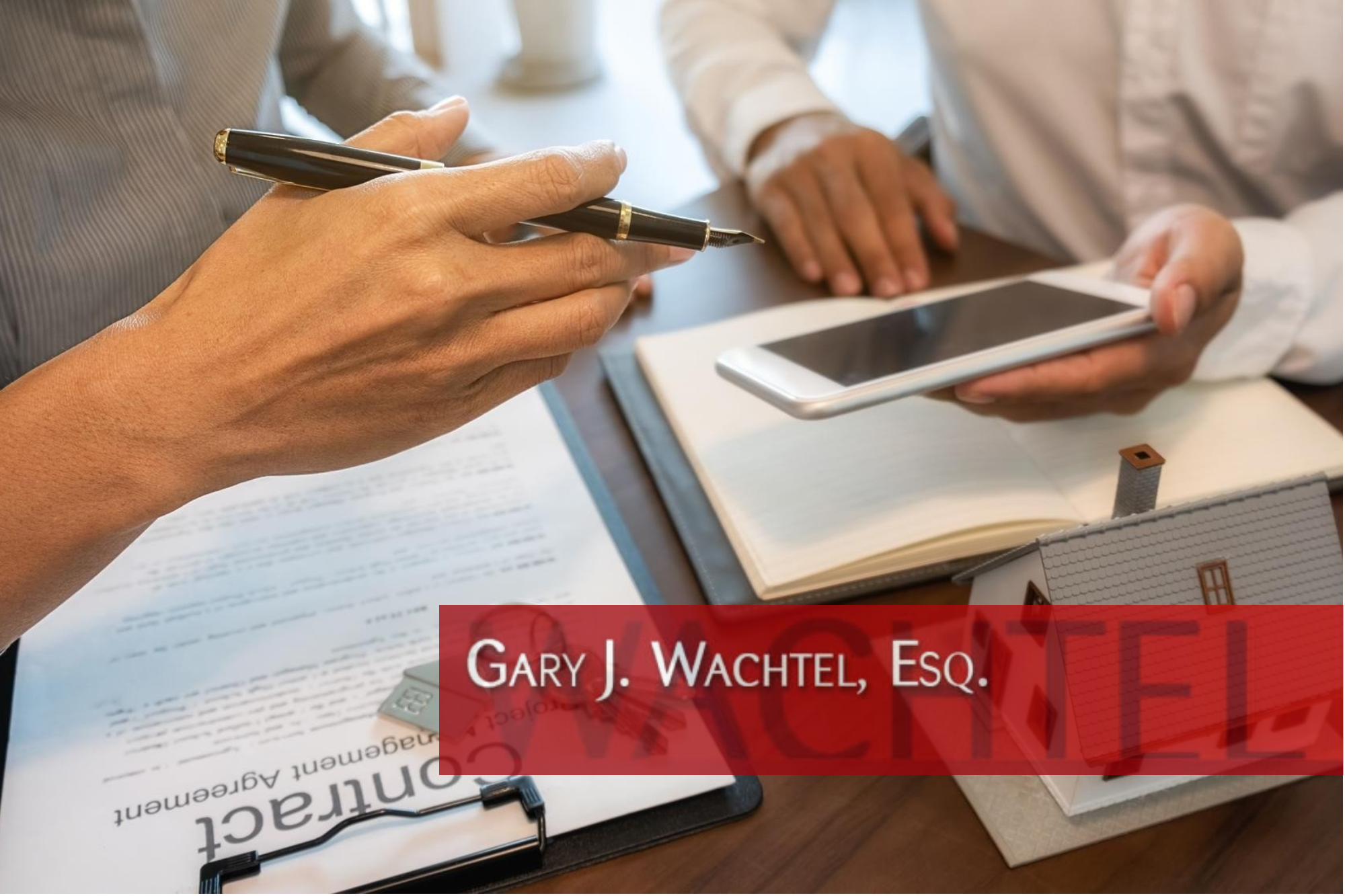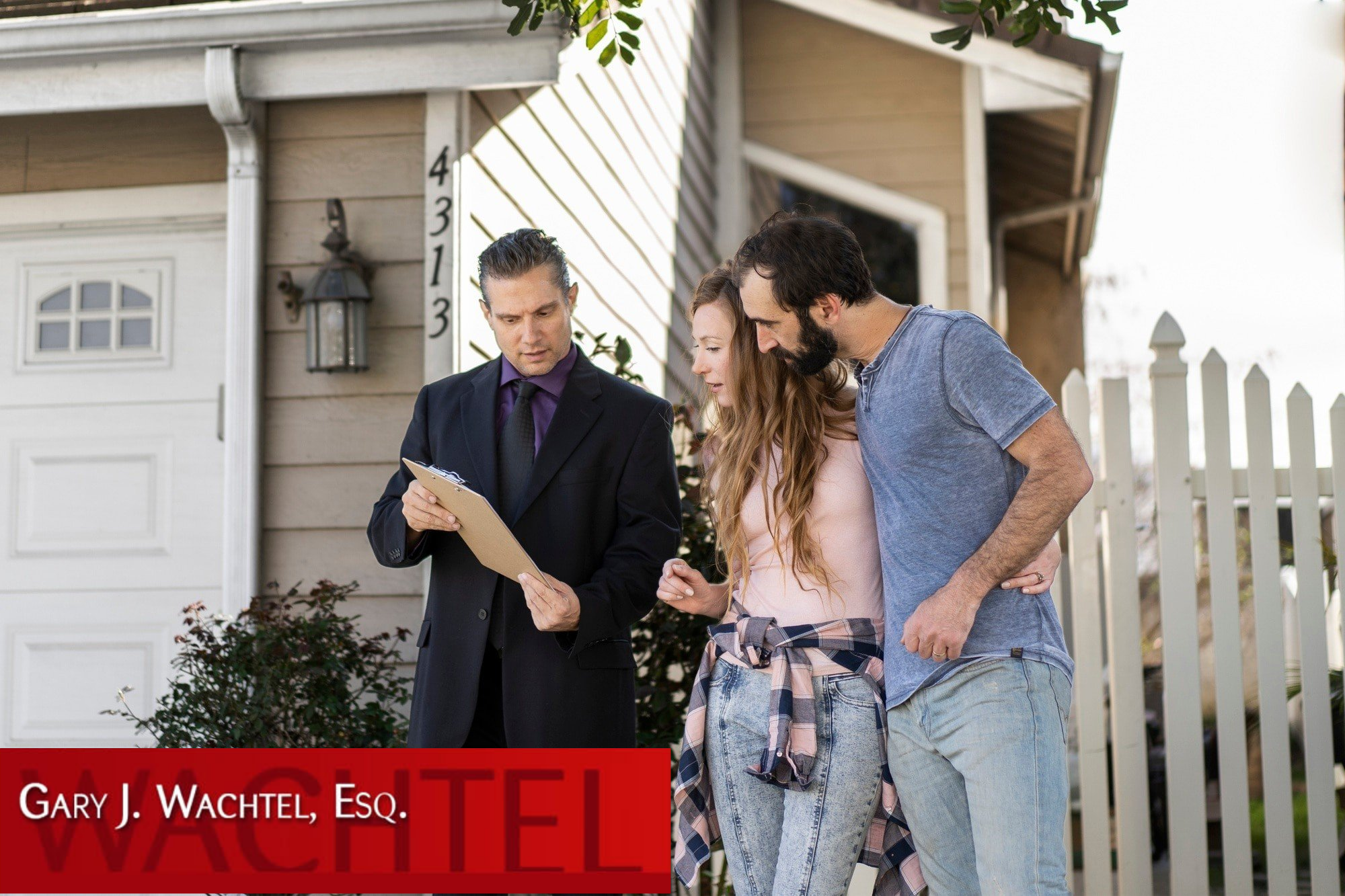Lease renewals in New York City are rarely simple. With complex laws, competitive property markets, and ever-evolving commercial dynamics, the process often requires more than a handshake and a new agreement. Both landlords and tenants must navigate a legal landscape shaped by city regulations, statutory obligations, and negotiated terms that can significantly influence profitability and operational stability.
Understanding how to approach lease renewals with clarity and foresight can prevent costly disputes, ensure compliance, and maintain productive landlord-tenant relationships. This legal guide explores how the renewal process functions within the unique context of New York City, emphasizing the legal considerations every party should understand before signing on the dotted line.
New York’s real estate market operates under a framework unlike any other in the country. From rent-regulated apartments to high-value commercial spaces, each lease renewal involves navigating intersecting statutes, administrative rules, and contractual provisions. Because every borough has its own economic pressures and property dynamics, renewal strategies that work in one neighborhood may be ineffective, or even risky, in another. Landlords and tenants alike must therefore approach renewals not as routine paperwork, but as legally binding negotiations that can redefine property value, business continuity, and long-term rights.
Moreover, NYC’s regulatory structure is built upon constant change. Legislative reforms such as the Housing Stability and Tenant Protection Act (HSTPA), new disclosure rules, and zoning amendments have altered how renewals are handled across both residential and commercial contexts. These shifts underscore the importance of legal foresight. Whether seeking to extend tenancy or restructure terms, parties benefit from early legal review to ensure that renewal clauses, rent adjustments, and notice periods comply with current law. In the following sections, this guide examines how a skilled landlord lawyer can help both sides navigate renewal complexities in a city where property rights and legal precision are inextricably linked.
The Legal Framework Governing Lease Renewals in NYC
Lease renewals in New York are not just contractual matters, they are legal events governed by a mix of city, state, and federal law. Whether dealing with a residential or commercial lease, each renewal implicates specific statutory frameworks that define how rights, obligations, and notice periods operate.
For residential leases, state laws such as the New York State Rent Stabilization Code establish renewal rights, notice obligations, and permissible rent increases. Under the Housing Stability and Tenant Protection Act (HSTPA), landlords must now provide tenants with significantly longer notice periods for renewals or non-renewals, typically between 30 to 90 days depending on the duration of tenancy.
Commercial leases, by contrast, are primarily creatures of contract law. Yet, in New York City, they intersect with zoning rules, building codes, and administrative oversight from the New York City Department of Buildings. Lease renewal clauses can be enforceable or void depending on how they align with these broader legal requirements.
Given these complexities, both parties are often advised to consult a qualified landlord lawyer who understands the interplay between private agreements and public regulations.

Why Lease Renewals Are Strategically Crucial for Both Parties
A lease renewal is more than a procedural update, it’s a strategic opportunity. For landlords, it determines the future profitability of the property; for tenants, it dictates continuity and business stability.
Landlords benefit from renewals by securing long-term occupancy, reducing vacancy risk, and maintaining consistent income streams. However, they must balance these advantages against market conditions, particularly in New York City, where rent adjustments can fluctuate dramatically between lease terms.
Tenants, on the other hand, view renewals as protection from relocation costs and disruption. Yet, agreeing to renewal terms without full legal review can expose them to hidden rent escalations, personal guarantees, or unfavorable maintenance obligations.
An experienced landlord lawyer ensures that renewal provisions are negotiated fairly, protecting both property value and occupancy rights.
Renewal Clauses: The Fine Print That Defines the Future
Renewal clauses are among the most critical, and often misunderstood, components of New York City leases. They define the tenant’s right (or lack thereof) to extend the lease and the terms under which that extension occurs.
Common renewal clause types include:
- Option to Renew: Grants the tenant the right, but not the obligation, to extend the lease under predefined conditions.
- Automatic Renewal: The lease renews unless either party provides notice to terminate.
- Negotiated Renewal: Both sides must agree on new terms before the renewal becomes effective.
Under New York law, ambiguous or improperly drafted renewal clauses can lead to litigation. For instance, courts have invalidated “agreements to agree” where essential terms like rent amount or duration were left undefined.
Landlords seeking to enforce or modify renewal provisions should ensure that these clauses comply with statutory standards and reflect mutual intent. For tenants, early legal review can prevent disputes over ambiguous language or misaligned expectations.
A knowledgeable landlord lawyer can interpret and, if necessary, renegotiate these clauses to safeguard the client’s position before renewal discussions begin.
Timelines, Notices, and Legal Deadlines
Timing is one of the most frequently contested aspects of lease renewals. Missing a notice period can void a renewal option entirely or expose one party to legal action.
Under the HSTPA, residential landlords must give tenants ample notice, typically:
- 30 days for tenants with leases under one year,
- 60 days for tenants between one and two years,
- 90 days for tenants exceeding two years of occupancy.
Commercial leases, while less regulated, often contain strict notice requirements within the contract itself. Courts in New York have consistently upheld these deadlines as binding, meaning that even a one-day delay in submitting a renewal notice can forfeit renewal rights.
For landlords, maintaining organized lease-tracking systems and consulting a landlord lawyer before issuing notices ensures compliance with these critical timelines.
Rent Adjustments and Fair Market Value Clauses
One of the most contentious issues in lease renewals is rent determination. Many renewal clauses tie rent adjustments to the “fair market value” (FMV) of comparable properties. However, determining FMV in a city as dynamic as New York requires careful analysis.
Courts generally uphold rent formulas when they are objectively measurable, for example, linking increases to the Consumer Price Index (CPI) or referencing appraisals of similar properties. Problems arise when clauses lack a clear mechanism or rely solely on future negotiations.
Landlords often seek to align rents with current market trends, while tenants aim to lock in predictability. Independent appraisers, brokers, and attorneys often play key roles in resolving these differences before renewal agreements are finalized.
In the absence of a clear formula, disputes may escalate into litigation, underscoring why professional legal guidance is essential.
Negotiating Renewal Terms in a Competitive Market
The New York City commercial real estate market is notoriously competitive, and lease renewals often serve as leverage points for both sides.
Landlords may use renewal discussions to introduce new clauses addressing maintenance, insurance, or tenant improvements. Tenants, meanwhile, can negotiate concessions, such as rent abatements, build-out allowances, or modified exclusivity provisions, in exchange for extending their tenancy.
A strong negotiating position often hinges on preparation. Tenants should:
- Review prior lease performance and compliance history.
- Gather market data to justify rent or term requests.
- Engage early with legal counsel to draft counterproposals.
Landlords, conversely, should:
- Conduct due diligence on the tenant’s financial stability.
- Align renewal terms with broader portfolio strategy.
- Review compliance with municipal regulations via the NYC Department of Buildings.
Given the legal complexity of such negotiations, consulting a landlord lawyer provides both clarity and leverage, ensuring that all provisions align with enforceable standards.
Avoiding Common Legal Pitfalls During Renewals
Even experienced property professionals can overlook subtle legal risks during renewals. Some of the most common pitfalls include:
- Failure to document communications — Verbal agreements carry little legal weight in New York lease law.
- Relying on outdated lease forms — Old clauses may conflict with new housing laws or administrative rules.
- Ignoring environmental or zoning changes — These can affect the property’s lawful use and tenant operations.
- Overlooking assignment and subletting rights — Renewal terms may alter a tenant’s ability to assign or sublease.
Courts in New York have repeatedly ruled that silence or inaction during renewal discussions can imply consent or waiver, particularly where a party benefits from continued occupancy. Maintaining written documentation and timely legal consultation are essential preventive measures.
For reliable legal interpretation of renewal obligations and dispute avoidance, parties often turn to established practitioners such as Gary Wachtel, known for deep experience in landlord-tenant litigation across the city’s commercial property landscape.
The Role of Legal Counsel in Ensuring Compliance
Lease renewals often involve overlapping layers of law, contract, property, zoning, and sometimes corporate governance. Experienced counsel ensures that each layer aligns with enforceable standards.
A landlord lawyer performs several critical functions, including:
- Reviewing and interpreting renewal clauses.
- Drafting legally sound notices of renewal or non-renewal.
- Ensuring compliance with statutory notice periods.
- Negotiating updated rent, term, and use provisions.
- Coordinating with lenders, brokers, and city agencies as needed.
By bridging the gap between legal formality and business practicality, attorneys help clients achieve renewals that protect both their financial and operational interests.
Dispute Resolution Mechanisms in Renewal Conflicts
Even well-drafted leases can generate renewal disputes, particularly in cases involving ambiguous clauses or market volatility. Common areas of conflict include rent valuation, notice timeliness, and alleged breaches of lease conditions.
New York courts favor mediation or arbitration for lease-related disputes, viewing them as faster and more cost-effective than full litigation. However, when negotiations fail, formal proceedings in the New York Civil Court (Landlord-Tenant Division) may become necessary.
Landlords and tenants alike benefit from working with attorneys experienced in both negotiation and courtroom advocacy. Firms like Gary Wachtel bring extensive litigation experience, offering informed strategies that can prevent minor disagreements from escalating into prolonged disputes.
The Intersection of Lease Renewals and Regulatory Compliance
Lease renewals do not occur in isolation. They often intersect with regulatory issues such as zoning restrictions, building safety, and energy efficiency standards. For commercial landlords, ensuring ongoing compliance with city and state requirements is non-negotiable.
The U.S. Small Business Administration – Leasing Guidance provides valuable insight for tenants navigating complex lease structures. Similarly, property owners must comply with building code regulations under the NYC Department of Buildings, particularly when renovations or use changes accompany the renewal process.
Non-compliance can void certain lease provisions or result in administrative penalties. By aligning renewal terms with current legal requirements, parties safeguard their agreements against future regulatory challenges.

How Economic Conditions Influence Renewal Strategy
Macroeconomic factors, interest rates, inflation, and shifts in demand, exert powerful influence over New York’s lease renewal landscape. During downturns, tenants may have increased leverage to negotiate concessions, while in boom periods, landlords can command premium rates.
Pandemic-era shifts further complicated renewals, introducing new considerations such as force majeure, remote-work adjustments, and co-working flexibility. Modern lease renewals now often include pandemic-related clauses addressing government shutdowns or operational interruptions.
Both parties should stay informed through credible resources like the Cornell Legal Information Institute (LII), which offers updated legal interpretations relevant to evolving lease law principles.
Strategic awareness of economic cycles and their legal implications enables parties to negotiate renewals grounded in realism and compliance.
Emerging Legal Trends in NYC Lease Renewals
Recent trends indicate growing emphasis on sustainability, digital record-keeping, and transparency. The city’s Local Law 97, for instance, imposes new energy efficiency benchmarks that affect how commercial leases allocate responsibility for compliance costs.
In addition, electronic notice provisions and digital signatures are gaining legal acceptance in lease renewals, provided they meet authentication standards under state law. Courts increasingly recognize email exchanges as binding evidence of intent, a significant shift from traditional paper-based correspondence.
Finally, the increased use of arbitration clauses in renewals reflects a broader industry move toward private dispute resolution to minimize cost and delay.
These developments underscore the need for ongoing legal oversight during every renewal cycle, not only to protect immediate interests but also to ensure alignment with emerging compliance frameworks.
Best Practices for Structuring Renewal Agreements
Whether negotiating from a landlord or tenant position, structured planning ensures renewal success. Legal professionals recommend the following best practices:
- Start early. Initiate renewal discussions at least six months before the current lease expires.
- Document everything. Keep written confirmation of all communications and drafts.
- Consult legal counsel. A landlord lawyer can identify and correct hidden risks.
- Review prior performance. Ensure compliance with existing lease obligations to strengthen negotiation credibility.
- Clarify renewal terms. Define rent, duration, notice periods, and all contingencies in precise language.
- Ensure regulatory compliance. Cross-reference building, safety, and zoning laws before signing.
Each of these steps contributes to a renewal process grounded in transparency, predictability, and enforceability.
Building Long-Term Stability Through Legal Precision
Ultimately, lease renewals in New York City hinge on legal precision. The renewal process is not merely transactional, it represents a continuation of a contractual relationship governed by some of the most intricate real estate laws in the country.
When drafted and executed properly, renewal agreements can reinforce stability, protect asset value, and minimize litigation risk. When mishandled, they can unravel years of goodwill and expose both sides to financial loss.
By relying on experienced legal professionals and credible resources, landlords and tenants can transform renewal negotiations from potential flashpoints into strategic opportunities.
As one of New York’s leading authorities on landlord-tenant litigation, Gary Wachtel exemplifies how expert legal counsel ensures that every lease renewal aligns with the city’s evolving real estate landscape, legally sound, strategically structured, and built for long-term success.





